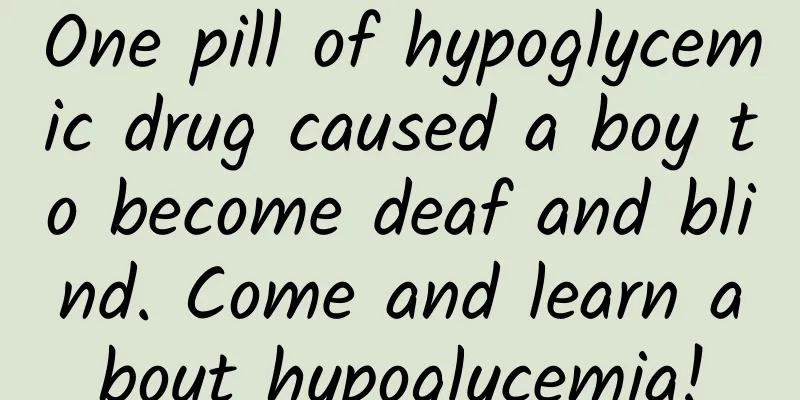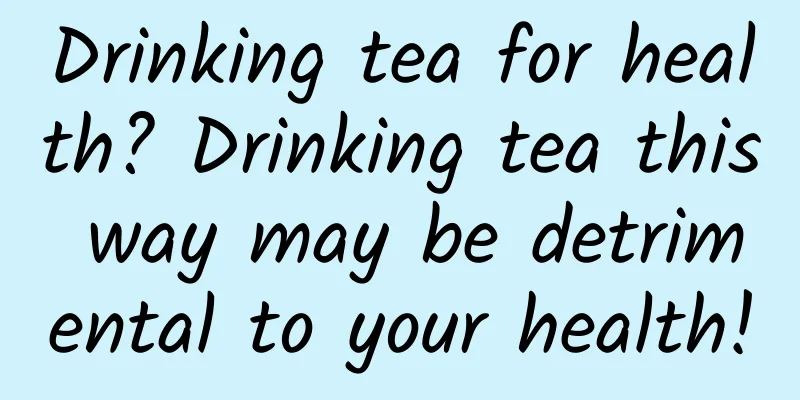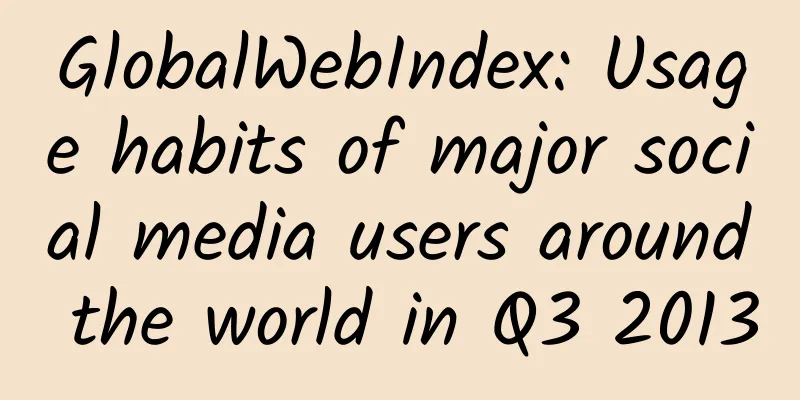One pill of hypoglycemic drug caused a boy to become deaf and blind. Come and learn about hypoglycemia!

|
Seeing this news, many people will be suspicious: How can a pill be so toxic? Isn't it just hypoglycemia? How can it cause blindness, deafness, and inability to stand? Yaowa wants to say that everyone really underestimates hypoglycemia. If the dangerous time of high blood sugar is measured in years, then the dangerous time of low blood sugar can be measured in seconds! As the saying goes, "high blood sugar costs money, low blood sugar costs life." If it is not treated promptly and effectively, low blood sugar can even threaten life in a short period of time. Symptoms of hypoglycemia include sweating, trembling, palpitations, hunger, anxiety, tension, weakness, pale complexion, etc. Glucose is the main energy source for brain tissues and organs. Since brain cells store limited sugar, it can only maintain brain cell activity for a few minutes. Therefore, once hypoglycemia occurs, symptoms of brain dysfunction may occur, mainly manifested as lack of concentration, dizziness, dullness, blurred vision, hallucinations, irritability, strange behavior, dance movements, tension spasms, coma, etc. If the condition develops seriously, the boy mentioned above may become deaf and blind. Hypoglycemia in non-diabetic patients is often caused by lifestyle habits. For example, dieting, not eating staple foods to lose weight, too strict diet control, insufficient glucose supply in the body; or excessive exercise, consuming far more energy than intake. Special populations, such as obese people, may release a large amount of insulin due to the over-sensitivity of pancreatic β cells to glucose stimulation, leading to sudden hypoglycemia 2-3 hours after a meal. Drug-induced hypoglycemia should not be ignored. The boy in the previous article became blind and deaf because of the use of glipizide. Therefore, friends who use drugs to control blood sugar must be careful! In general, drugs that cause hypoglycemia are also divided into high-risk and low-risk: 1 High-risk category: hypoglycemic drugs that can cause hypoglycemia when used alone, such as insulin (human insulin, insulin analogs), insulin secretagogue sulfonylurea hypoglycemic drugs (glimepiride, glipizide), insulin secretagogue glitinide hypoglycemic drugs (repaglinide, nateglinide). 2 Low-risk category: hypoglycemic drugs that do not cause hypoglycemia when used alone, but can cause hypoglycemia when used in combination with other hypoglycemic drugs. Examples include metformin, α-glucosidase inhibitors (acarbose), thiazolidinedione hypoglycemic drugs (pioglitazone), dipeptidyl peptidase-4 inhibitors (vildagliptin), glucagon-like peptide-1 (GLP-1) agonists (exenatide), sodium-glucose co-transporter-2 (dapagliflozin), etc. In addition, there are some non-hypoglycemic drugs that either have a certain hypoglycemic effect themselves, or when used in combination, can enhance the effect of hypoglycemic drugs, thereby causing hypoglycemia. |
<<: Medicine Baby Quiz | Can breastfeeding mothers not use antibiotics?
Recommend
Abdominal pain and back pain in late pregnancy
I heard that the first three months and the last ...
Does kidney deficiency affect fertility in women?
Kidney deficiency is a word that adults often com...
Breast enhancement method of papaya and yogurt
Papaya is a very common fruit. This kind of fruit...
What does Down syndrome screening test include?
Pregnant women need to face many tests, and each ...
37 weeks increased vaginal discharge
During pregnancy, many pregnant mothers pay great...
Does drinking ice water during pregnancy have any effect on the fetus?
The creation of a little life requires careful ca...
Can I take anti-inflammatory drugs during menstruation for adnexitis?
Adnexitis is a relatively common female disease i...
What are the symptoms of mid-stage breast cancer?
Breast cancer has become a major problem that soc...
What are the benefits of drinking papaya milk regularly?
With the improvement of people's living stand...
What causes dryness during intercourse after childbirth?
After giving birth to a baby, the couple's in...
Two or three things you should know about anesthesia
This is the 4861st article of Da Yi Xiao Hu With ...
Pain when pressing the edge of the breast
Breast diseases have become a big problem for wom...
Counterpoint: Global smartphone sales to grow 2% year-on-year in Q3 2024
According to recent news, the latest data from th...
What is the quick breast enlargement method at home?
Many women are not very satisfied with their brea...









